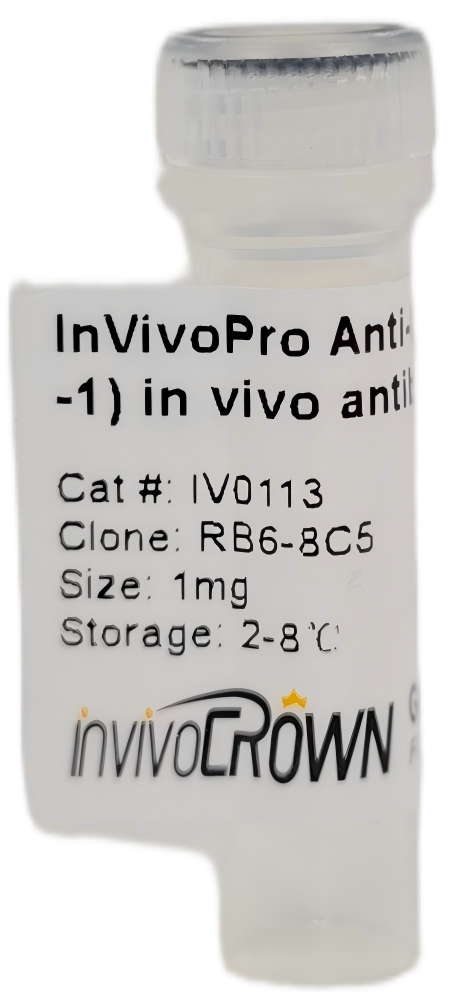| Catalog |
IV0110 |
| Product Name |
InVivoPro Anti-Mouse TNFα in vivo antibody, Clone TN3-19.12 |
| Size |
1mg/5mg/25mg/50mg/100mg |
| Isotype |
Armenian Hamster IgG |
| Clone |
TN3-19.12 |
| Target |
TNFα |
| Other Names |
TNF-alpha, TNFSF2, Tnlg1f |
| Isotype Control Catalog Code |
Armenian Hamster IgG Isotype Control |
| Dilution Buffer |
PBS, pH 7.2, contains no stabilizers or preservatives |
| Reactivity |
Mouse |
| Host Species |
Armenian Hamster |
| How much antibody to use in vivo |
200-500 μg per mouse; or 10-20 mg/kg. This range is based off the most recent publication data using the TN3-19.12 clone in vivo. Each investigator should determine their own optimal working dilution for specific applications. |
| Background |
The tumor necrosis factor (TNF-alpha) is a multifaceted polypeptide cytokine known as a mediator of inflammation and immunity. It may mediate some of the significant changes in cellular homeostasis which accompany the invasion of the mammalian host by viruses, bacteria, and parasites. TNF-alpha is an acute phase protein which initiates a cascade of cytokines and increases vascular permeability, thereby recruiting macrophage and neutrophils to a site of infection. TNF-alpha secreted by the macrophage causes blood clotting which serves to contain the infection. TNF-alpha has been detected in synovial fluid of patients with rheumatoid arthritis. Clone TN3-19.12 antibody can neutralize the bioactivity of natural or recombinant TNF-alpha. |
| Applications |
In vivo TNFα neutralization, Enzyme-linked Immunosorbent Assay |
| Purification |
protein A or G |
| Storage |
This antibody is stable for at least 2 months when stored at 2-8°C. For long term storage, aliquot in working volumes without diluting and store at -20°C or -80°C. Avoid repeated freeze thaw cycles. |
| Shipping |
2-8°C with blue ice |
| Concentration |
Lot specific, generally ≥ 5.0 mg/ml |
| Shelf Life |
12 months from the date of receipt if stored as recommended |
| Formulation |
PBS Buffer, PH 7.2, with no carrier protein, or preservatives. |
| Sterility |
0.2 μM filtered |
| Endotoxin |
≤ 1.0 EU/mg, by the LAL method |
| Purity |
99% |





